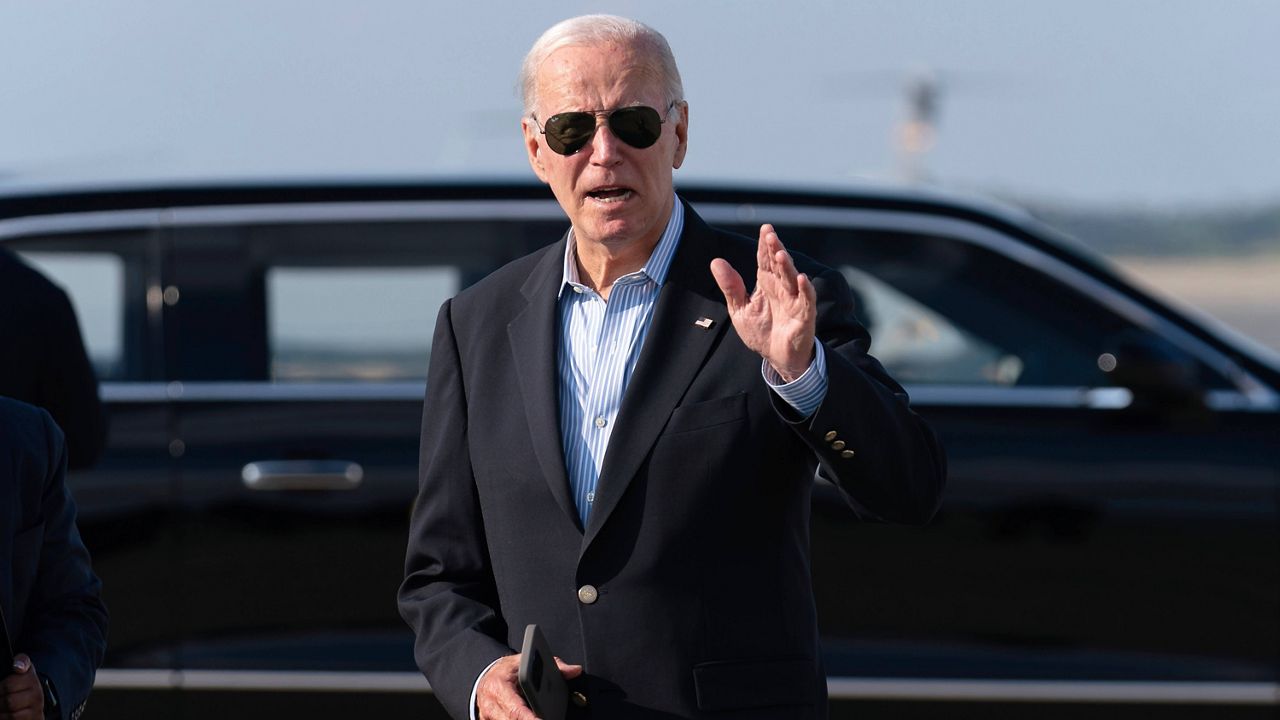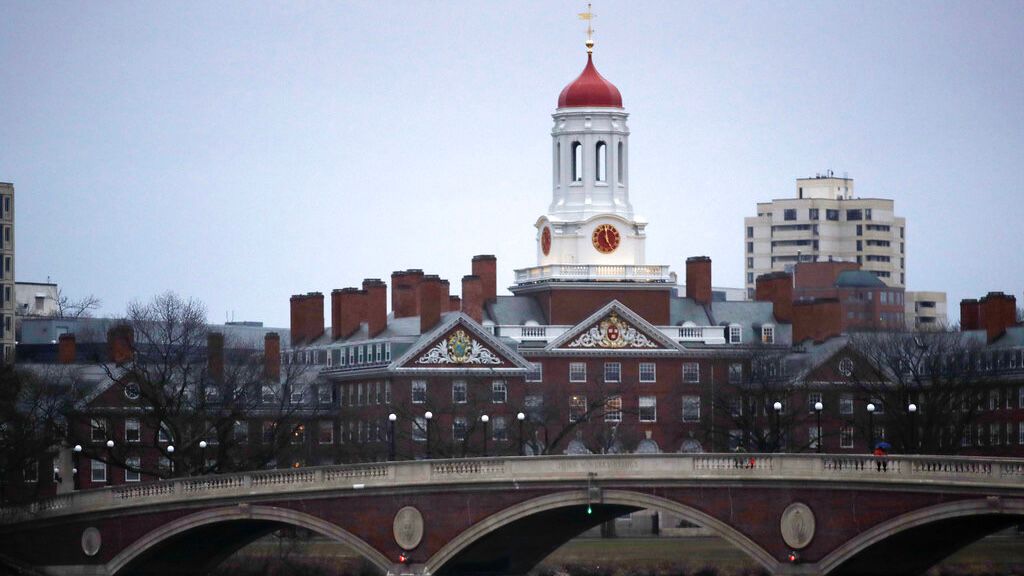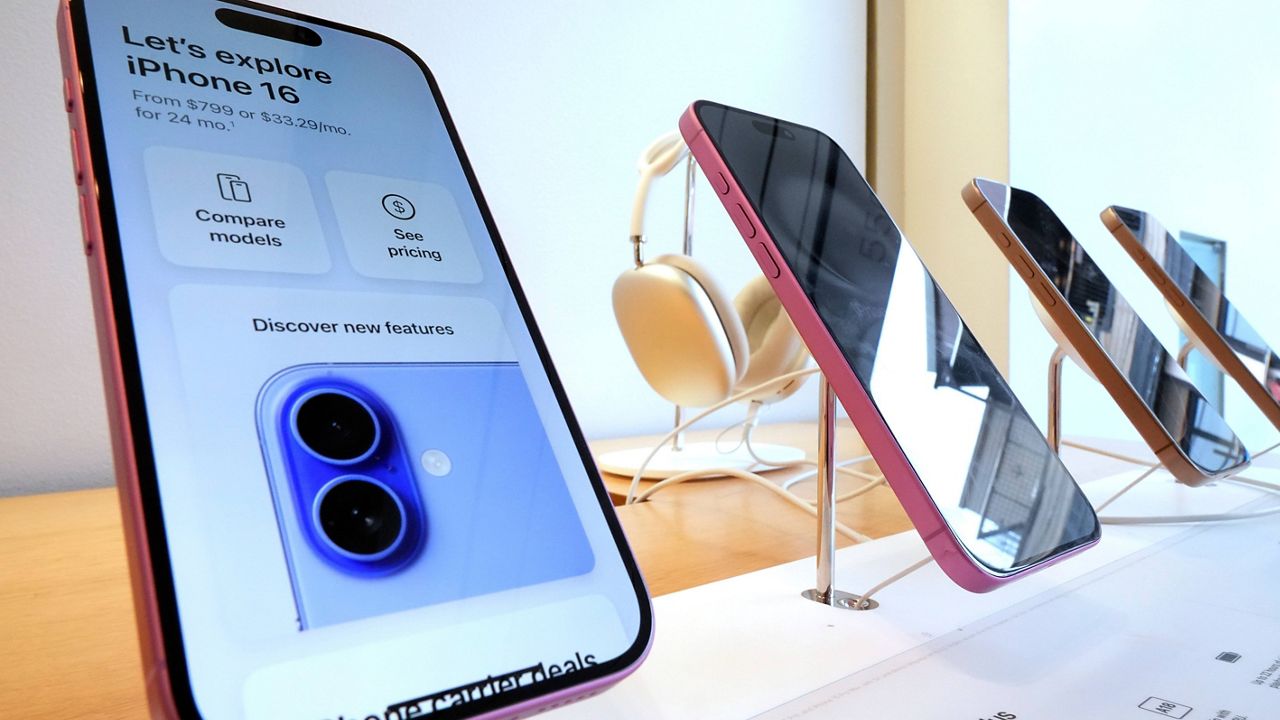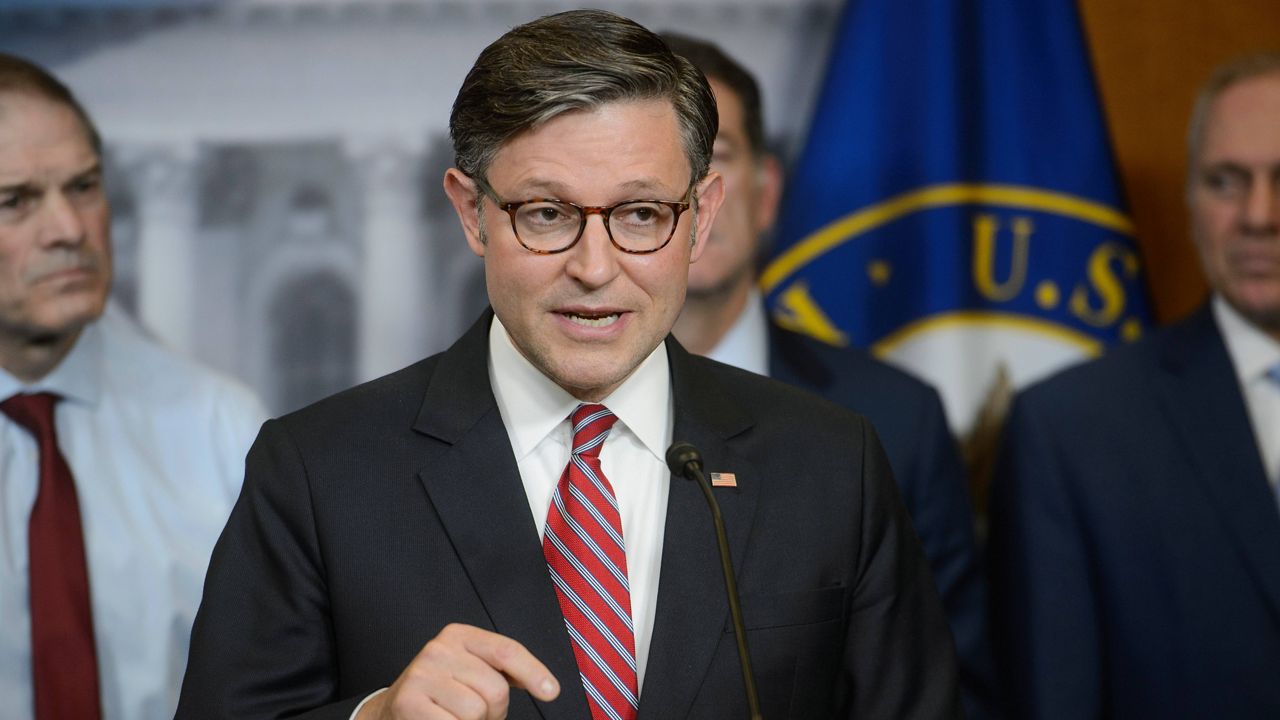The Federal Communications Commission has settled a case against a company that spread a deceptive call that used artificial intelligence to impersonate President Joe Biden’s voice just days before the New Hampshire primary election earlier this year.
On Wednesday, the FCC announced that voice service provider Lingo Telecom will pay a fine of $1 million for its involvement in sending the robocall -- which sought to discourage people from going to the polls -- to voters in the Granite State.
As part of the settlement, the FCC said the company will also have to implement a plan to follow the agency’s set of caller ID authentication rules and adhere to requirements to more thoroughly check that information provided to customers is accurate. The agency referred to the agreement as the “first of its kind secured by the FCC.”
“Every one of us deserves to know that the voice on the line is exactly who they claim to be,” FCC Chairwoman Jessica Rosenworcel said in a press release. “If AI is being used, that should be made clear to any consumer, citizen, and voter who encounters it.”
Two days before New Hampshire’s primary election, thousands voters in the state received a call with a voice that sounded like Biden’s telling people to save their vote for November. Biden was not on the ballot in New Hampshire due to a disagreement with the Democratic National Committee over shifting the party's primary schedule.
New Hampshire Attorney General John Formella was quick to tell residents to disregard the message, but the call escalated concerns about the impact AI could have on our elections moving forward, which have recently picked up steam amid the increased focus on artificial intelligence in Washington.
“Whether at the hands of domestic operatives seeking political advantage or sophisticated foreign adversaries conducting malign influence or election interference activities, the potential combination of the misuse of generative AI voice-cloning technology and caller ID spoofing over the U.S. communications network presents a significant threat,” Enforcement Bureau Chief Loyaan Egal said in the FCC’s press release on Wednesday’s settlement.
“This settlement sends a strong message that communications service providers are the first line of defense against these threats and will be held accountable to ensure they do their part to protect the American public,” Egal added.
Earlier this week, U.S. officials said they believe Iran was behind efforts to hack the campaigns of former President Donald Trump and Vice President Kamala Harris.
The New Hampshire robocall has been traced back to political consultant Steve Kramer in a bid, the FCC said, to “interfere” in the state’s primary election. Kramer, however, has said his intention was to prove a point about the dangers of AI in elections. He has been indicted on state charges for the move and faces a potential $6 million fine from the FCC.









